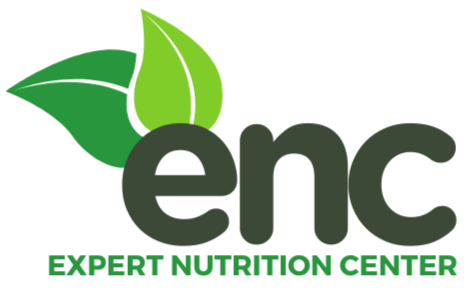Vitamin A refers to a range of fat-soluble nutrients, some referred to as “preformed,” which includes retinol and its derivatives, and those deemed “vitamin A precursors or provitamins,” including beta-carotene and other carotenoids. The final bioactive form of vitamin A is retinoic acid. Research highlights the importance of vitamin A in many physiological processes. Most notably, vitamin A supports the retina and normal eyesight, especially night vision. It also plays a vital role in immune response, skin function, and red blood cell production.
Natural sources of preformed vitamin A include milk, eggs, cheese and liver. The most common type of pro-vitamin A is beta-carotene, a carotenoid that produces dark pigments in plant foods. Food sources for carotenoids include sweet potatoes, carrots, dark green leafy vegetables, broccoli and cantaloupes. Due to the Standard American Diet, few of these food sources are consumed on a regular basis, thus making it important to supplement with high-quality vitamin A.
Suggested Use
Vitamin A 10,000 IU is designed for short-term use only. Take one capsule per day as directed by your health care practitioner.



